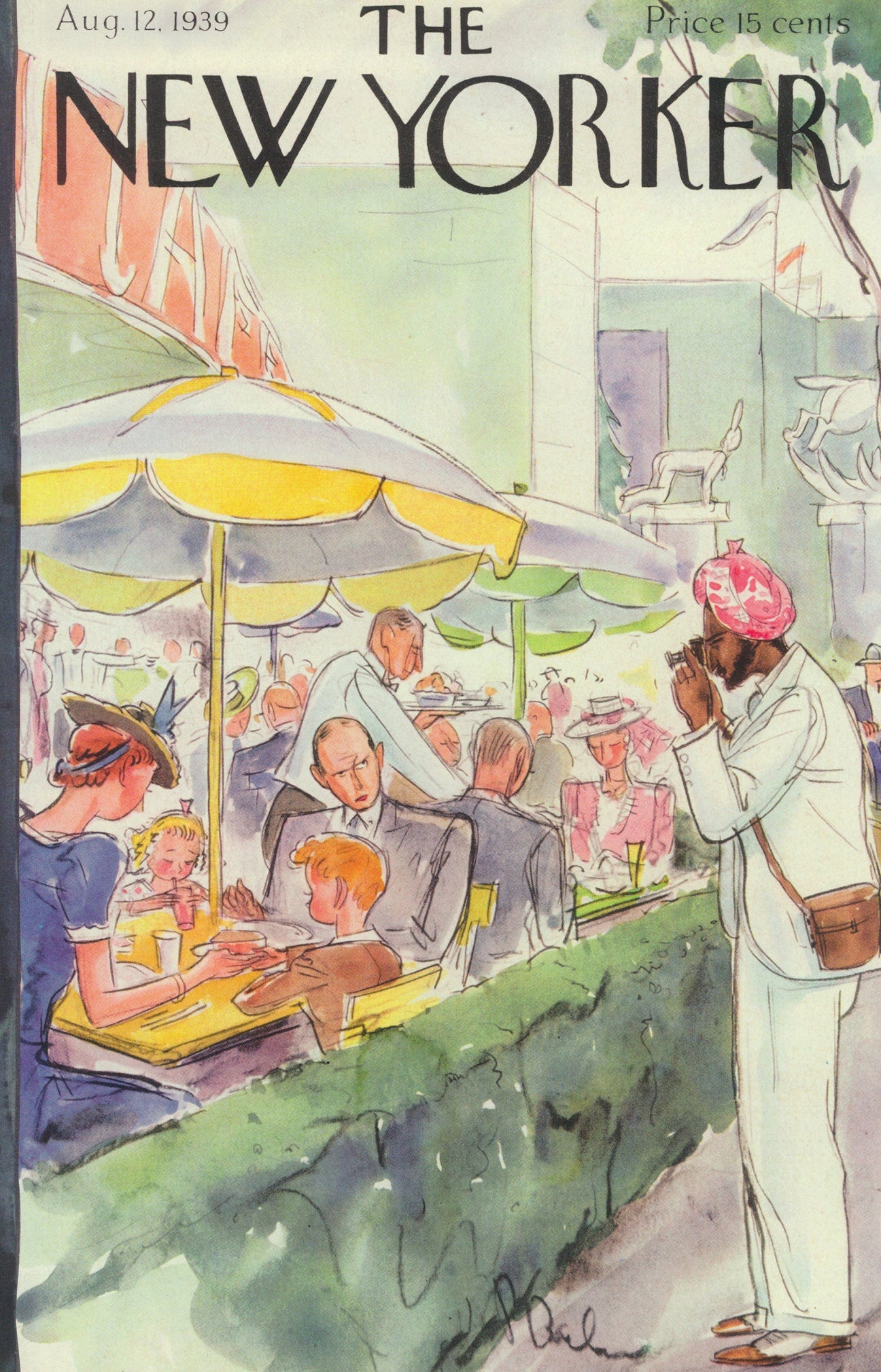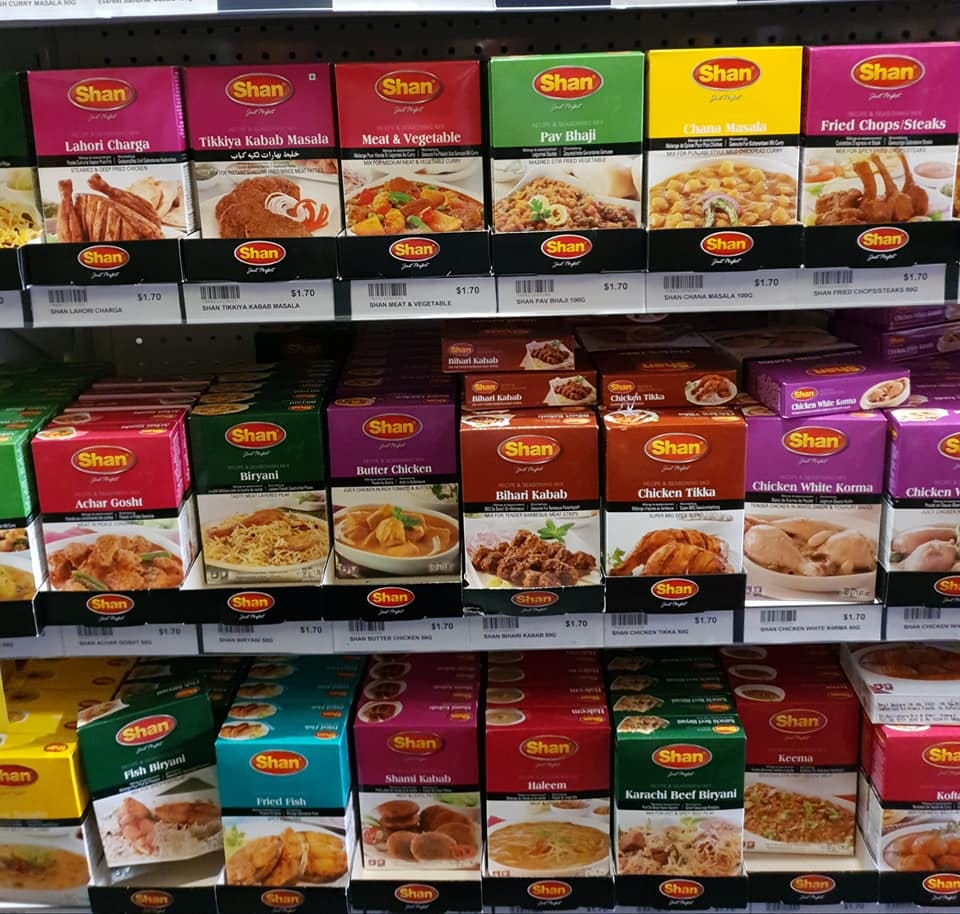Welcome to the Brown History Newsletter. If you’re enjoying this labor of love, please do consider becoming a paid subscriber. Your contribution would help pay the writers and illustrators and support this weekly publication. If you like to submit a writing piece, please send me a pitch by email at brownhistory1947@gmail.com.
Don’t forget to check out our SHOP and our Podcast.

Recommended Reads:
The Many Legacies Of Shan Masala
In and of itself, Shan Masala is nothing more than a few ground spices in a plastic bag, stuffed inside a small 50 gram or 100 gram box. Open the bag and you will find some of the most tantalizing, aromatic spices - maybe a sweet and woody cinnamon, or some pungent and aromatic cardamom, and nearly always the spicy kick of red chili. At this stage, any home cook will be only a few steps away from a mouth-watering pot of steaming, rich, Mughlai food - beef nihari, chicken korma, or any number of biryanis. With the help of Shan Masalas, most recipes require nothing more than frying your onions, tipping in the masala, adding the relevant meats and vegetables, and allowing time for the spice and the heat to transform the raw ingredients into a nostalgic gastronomical experience.
This experience is one shared by Pakistanis at home and in various diasporas abroad; by grandmothers who have been cooking for decades, by students away at university trying to recreate ghar ka khana, and by first, second, and third generation immigrants in the west negotiating their desire for desi food and their various other wants, needs, and desires. Through the cumulative lived experiences of Shan Masala-eaters around the world, this product became anything and everything: a symbol of Pakistani national identity, a reckless late capitalist corporation endangering peoples’ health, a feminist innovation empowering women around the globe, a philanthropic enterprise empowering their partners, and a cultural staple embodying desi food worldwide. Since its founding in 1981, Shan Foods and their emblematic Shan Masala have been constitutive of the Pakistani experience, within their lives and within the national imaginary. However, what it means to be Pakistani is fragmenting, and Shan Masala reflects those fragmentations.







